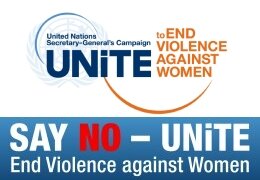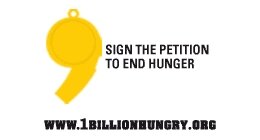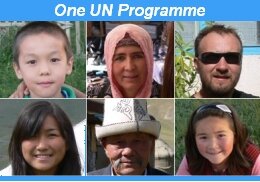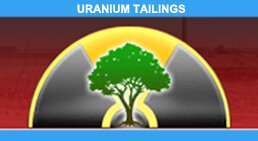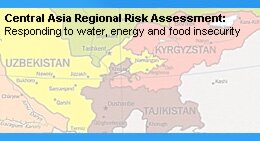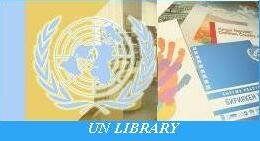| Special Rapporteur on Toxic Waste concludes his visit to the Kyrgyz Republic |
|
Bishkek, 9 October 2009 - The Special Rapporteur of the United Nations Human Rights Council on the adverse effects of the movement and dumping of toxic and dangerous products and wastes on the enjoyment of human rights, Mr. Okechukwu Ibeanu, today concluded his visit the Kyrgyz Republic. During his 10-day mission, from 29 September to 9 October 2009, the Special Rapporteur had the opportunity to meet with senior Government officials, including the Minister of Foreign Affairs, representatives of the United Nations, academics and representatives of non-governmental organisations. Apart from the capital, Bishkek, Mr. Ibeanu visited Orlovka, Cant and Kara-Balta to assess the dangers that radioactive and hazardous waste storage facilities pose to the enjoyment of human rights and the protection of the environment.
”I welcome the progress made by the Kyrgyz Republic in addressing the significant problems related to the several radioactive and toxic waste dump sites existing in the country, as well as its efforts to attract the attention of the international community on the serious transboundary threats of contamination of groundwater resources and rivers located in the Central Asian region”, said the Special Rapporteur. “Nevertheless, much more remains to be done to minimise such threats and to ensure the effective enjoyment of all human rights by peoples who live in proximity to tailings sites or storage facilities for obsolete pesticides”. The level of co-operation among the different ministries and Government agencies responsible for the management and disposal of radioactive and toxic products and wastes should be strengthened. Access to information on the status of the uranium and toxic waste sites and their possible adverse effects on human health and the environment, as well as the right of affected local communities to participate in decision-making processes aimed at reducing the risks posed by hazardous products and wastes dumped or stored in proximity of their villages, also need to be improved. The Rapporteur noted with concern that “the social and economic impact of uranium tailings sites and other hazardous toxic waste dump sites on the local population has not been properly addressed”, and tailored measures need to be adopted to address the difficulties faced by local communities living in proximity of these sites, who often live in conditions of extreme poverty. Mr. Ibeanu also noted that the existing normative framework on chemicals and waste management is not effectively enforced, and responsible ministries and agencies do not possess sufficient human and financial resources to monitor its implementation. The Special Rapporteur finally reminded the Government of the Kyrgyz Republic that the lack of adequate financial resources cannot be construed as a general justification for not discharging fully the obligations it has undertaken under the several human rights treaties it has ratified, since “under international human rights law, even where resources are demonstrably inadequate, the obligation remains for a State party to strive to ensure the widest possible enjoyment of the relevant rights under the prevailing circumstances”. Okechukwu Ibeanu, Professor of Political Science at the University of Nigeria, was appointed Special Rapporteur in 2004 by the Human Rights Council. As Special Rapporteur, he is independent from any government or organization and serves in his individual capacity. For further information on the mandate of the Special Rapporteur, please visit the website: Please click here to download the Press Statement issued by the Special Rapporteur on the adverse effects of the movement and dumping of toxic and dangerous products and wastes on the enjoyment of human rights on October 9th, 2009. |


